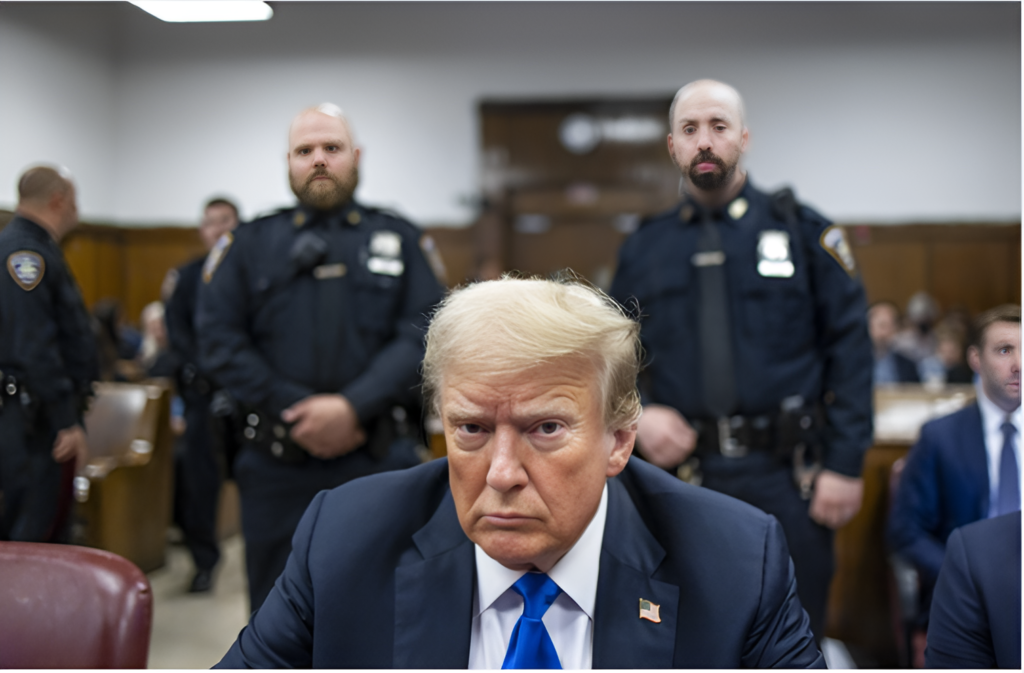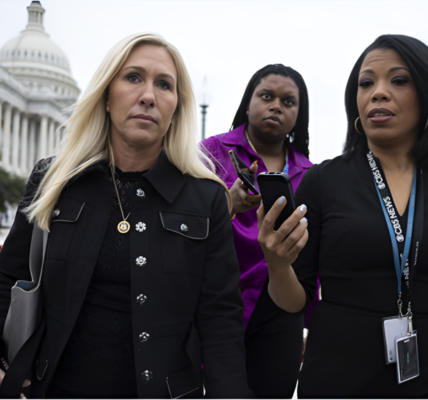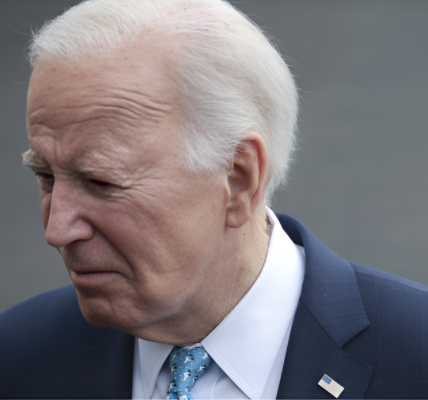
If former President Donald Trump loses the upcoming election, he will face a complex web of legal challenges, ranging from criminal prosecutions to civil suits. In Georgia, he’s dealing with racketeering charges linked to his attempt to overturn the 2020 election results. Meanwhile, in Florida and D.C., Trump faces accusations related to mishandling classified documents and inciting the January 6 Capitol attack. Additionally, in New York, he’s appealing a civil fraud case, which involves inflating the value of his properties, and he’s set to be sentenced for 34 felony counts of falsifying business records in the Stormy Daniels hush money case.
With so much litigation ahead, one can easily imagine that Trump would do almost anything to avoid years of courtroom drama, including rallying his supporters to further challenge the electoral outcome if he loses again. The events of January 6, 2021, may have been a mere rehearsal for what could unfold in 2025. However, an alternative scenario is also possible, one where Trump sees value in publicly acknowledging the legitimate outcome of the election—especially if it allows him to avoid the avalanche of legal consequences waiting for him.
In the days following his electoral defeat, Trump could negotiate a historic deal with both state and federal prosecutors, one that would effectively pause or defer the criminal proceedings against him in exchange for a simple but critical promise: telling the truth about the election results. This would represent the most significant settlement in legal history, potentially putting an end to Trump’s looming court cases while holding him accountable in a way that benefits the democratic process.
Why would Trump agree to such a deal? The consequences of losing in court are severe. If convicted on any of the more serious charges, Trump could face significant prison time or house arrest. Beyond the potential loss of freedom, Trump would also face astronomical legal fees. Although his supporters have thus far funded much of his defense, the prospect of further litigation may prompt him to reconsider the price of continued dishonesty about the election results.
Moreover, Trump has long touted his negotiating prowess—he authored The Art of the Deal, after all. The proposed arrangement would allow him to use those skills, potentially securing a favorable outcome in exchange for a small concession: admitting the truth about the election.
But why would prosecutors, who have invested vast amounts of time and resources in building these cases, agree to such an extraordinary offer? The answer lies in the uncertain nature of legal battles. Trump could be acquitted in some or all of the cases, and recent legal rulings—such as the Supreme Court’s broad grant of immunity to presidents—may complicate the prosecution efforts. Furthermore, the value of Trump’s admission of the truth about the election would be immeasurable. By preventing further erosion of democratic norms, it would be a powerful act that serves the interests of the American people. Prosecutors have a duty to protect the Constitution and safeguard the peaceful transfer of power, a responsibility that requires prioritizing truth and transparency in the face of election denialism.
Would such a deal be possible? It’s a difficult and unprecedented proposition, but it is one that prosecutors are likely already considering as they strategize about how to proceed if Trump loses the election. Trump’s legal team, too, would be remiss not to explore this avenue.
Several criminal defense attorneys have voiced skepticism, doubting Trump’s ability to resist temptation and commit to truthfully acknowledging the election results. Yet Trump has shown a capacity for self-regulation, especially when faced with high stakes. For example, in the Manhattan hush money case, Trump has largely abided by a gag order, despite the penalties he faced for violating it. If the price for violating a promise to tell the truth about the election is the resumption of all his criminal cases, Trump may be more inclined to comply. He has already conceded, albeit sarcastically, that he lost the 2020 election “by a whisker.” While his sincerity in making this comment can be questioned, it suggests a willingness to entertain the idea of acknowledging defeat.
The complexity of such a deal would require coordination among state and federal prosecutors across multiple jurisdictions. While the legal proceedings Trump faces differ in nature, a framework for pretrial diversion agreements is already in place. These agreements are commonly used to resolve cases by deferring or reducing charges in exchange for cooperation or a commitment to change behavior. For example, pretrial diversion has been used for minor offenders, first-time offenders, and even corporate cases like Purdue Pharma’s settlement over the opioid crisis. While the scope of Trump’s legal troubles is far more serious, the same principle could apply.
In Trump’s case, prosecutors might suspend their actions while a federal judge oversees his compliance with the agreement. In New York, Trump could see a reduction in his civil fraud penalties and a more lenient sentencing. Though such a deal would be unprecedented, there are no legal or constitutional barriers preventing prosecutors from working together on a comprehensive settlement. In return for his honesty about the election, Trump could avoid lengthy legal battles and secure a favorable resolution to his legal woes. However, if he were to break the agreement and continue spreading lies about the election, the deal would be off, and the prosecutions would resume.
The stakes of this decision are enormous. Trump’s repeated attacks on the legitimacy of elections are one of the greatest threats to American democracy. As of now, a staggering 12% of his supporters still believe that President Joe Biden did not win the 2020 election. This ongoing refusal to accept the results is a direct assault on the integrity of the democratic process. But if Trump were to genuinely acknowledge the truth, it would be a monumental step toward restoring trust in the electoral system.
For Trump, this deal could be a way to resolve his courtroom battles and settle his many legal issues while making a vital contribution to the nation’s democratic health. It would require him to do something unprecedented: tell the truth. In doing so, he could not only end his legal struggles but also help heal the rift in American democracy that his election denialism has exacerbated.





